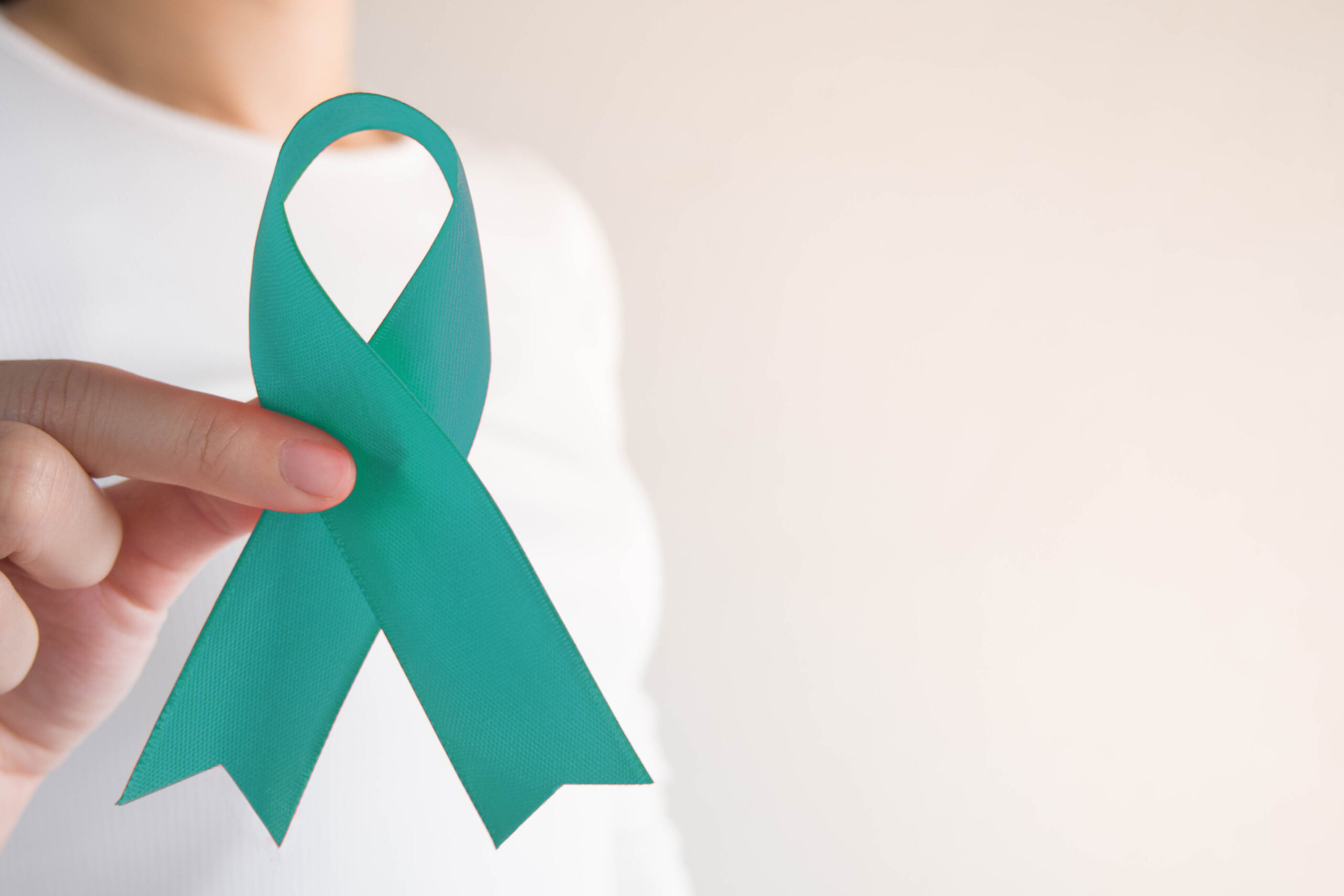
Hospice Care for Ovarian Cancer Patients
By: Laura Mantine, MD
What is ovarian cancer?
Ovarian cancer is cancer that grows in a woman’s ovaries. Damaged or deformed cells start to grow out of control. Although treatment has a high rate of success if the cancer is found at an early stage, in many cases it isn’t discovered until advanced stages when the cancer is harder to treat. A biopsy, or small surgery, is often performed when ovarian cancer is suspected. This is done to confirm the disease by taking tissue and fluid samples for analysis. Some ovarian tumors are benign, which means they don’t grow into cancer. Treatments for ovarian cancer vary based on the stage of the disease, but often include surgery and aggressive chemotherapy. These treatments may come with distressing side effects like pain, sleep problems, nausea, fatigue, loss of appetite, anxiety, or depression.
Supportive services for ovarian cancer patients
Facing ovarian cancer is difficult. It can have a big impact on your physical and emotional health, all of which may cause enormous stress for both you and your family. But you don’t have to face this alone. Treating the pain, symptoms, and stress of cancer is just as important as treating the cancer itself. Palliative care and hospice care are forms of supportive services available to people with cancer. Supportive care focuses on providing comfort, relieving pain or other symptoms, and improving quality of life. Supportive care doesn’t cure disease. The main difference between these two types of care is that you can receive palliative care at the same time you are receiving treatment, whereas hospice care begins after stopping standard cancer treatments for end-of-life management.
Ovarian cancer and hospice
Once you decide to no longer receive chemotherapy or other standard cancer treatments, transitioning to hospice may be beneficial for both you and your family. When you choose hospice care, it means that the goals of treatment have changed with a shift from curative to comfort-based care. Hospice care is usually offered at the end of life, when you’re expected to live less than six months. The aim of hospice is to care for you rather than attempt to cure the disease.
Hospice care is very personalized. Your hospice care team will focus on making you as comfortable as possible. They will work with you and your family to create a care plan that best suits your goals and needs for end-of-life care. A hospice team member is generally on call 24 hours a day to provide support. You may receive hospice care in your home, a special hospice facility, a nursing home, or a hospital. A hospice team usually includes doctors, nurses, home health aides, social workers, clergy members or counselors, and trained volunteers. Services may include medical services, supplies and equipment, medications to manage pain and other cancer-related symptoms, spiritual support and counseling, and short-term relief for caregivers.
Medicare, Medicaid, and most private insurance plans will cover hospice care. Most U.S. insurance plans require a statement from your doctor that you have a life expectancy of six months or less. You may also be asked to sign a statement that you accept hospice care. Hospice care can continue for longer than six months, but your doctor may be asked to give an update on your condition.
Understanding your care options
Getting supportive care, whether palliative care or hospice care, can be beneficial to your mental and physical well-being. Talk to your doctor, family, and friends about your supportive care options.
Please contact us if you would like to learn more about the hospice services Hospice of North Alabama provides.


